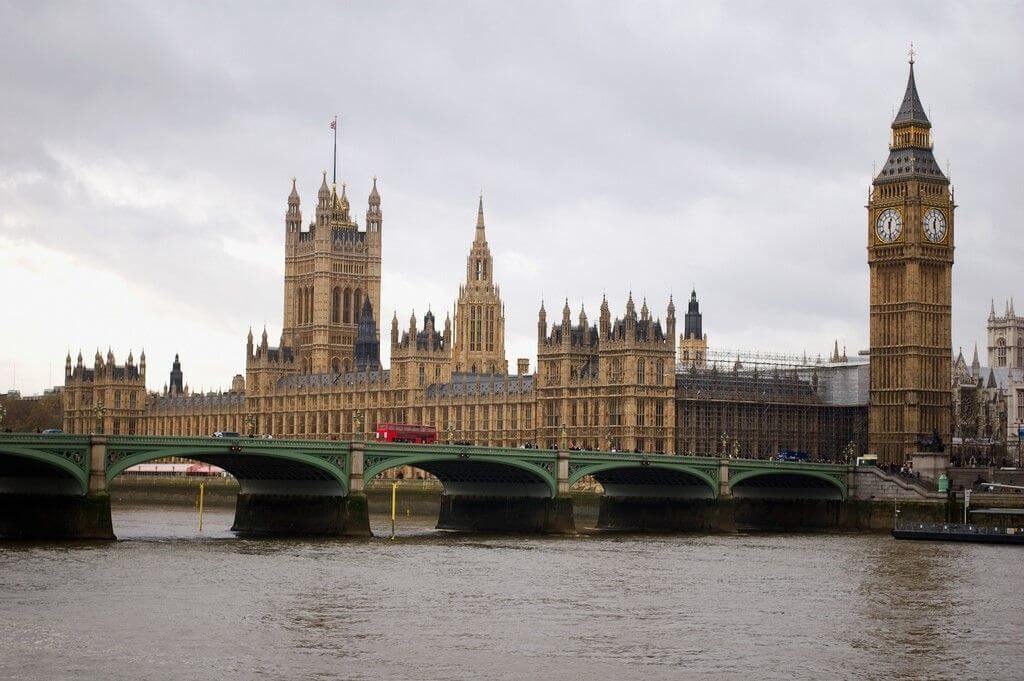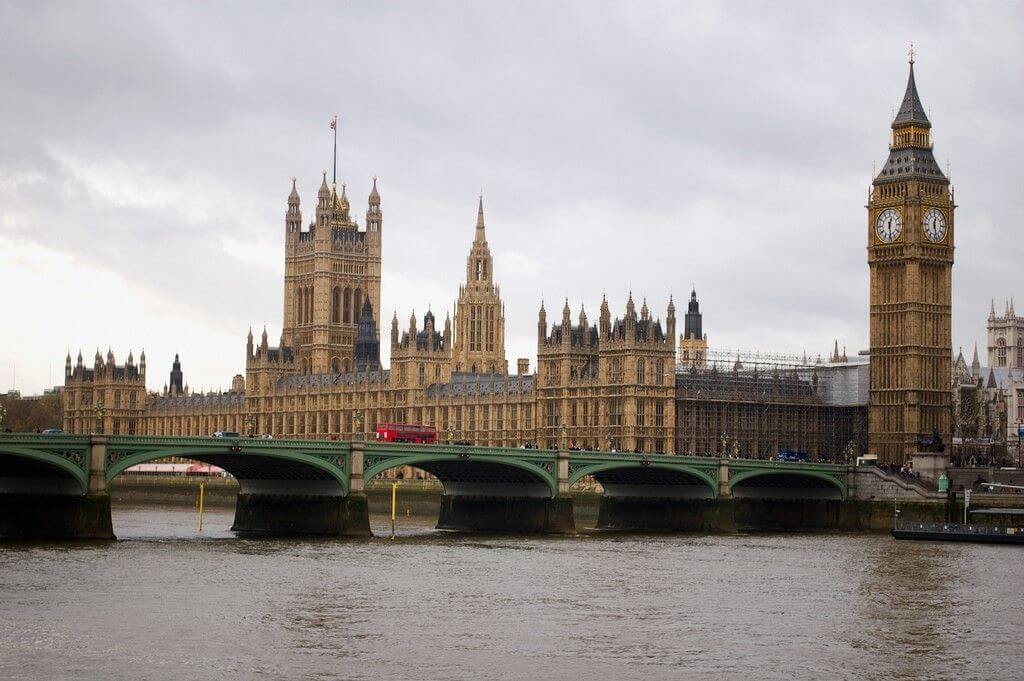
A leading body for the setting of global standards has urged the United Kingdom to introduce new regulation of cryptocurrency exchanges in a bid to tackle the threat of money laundering and terrorist financing through such platforms. The Financial Action Task Force (FATF) warned earlier this month that current UK legislature does not have adequate safeguards for such threats.
The FATF conducted its own analysis of anti-money laundering (AML) systems among its member states, along with the systems designed for combating the financing of terrorism (CFT). The UK-specific areas of the report ascertained whether the UK’s existing legislative provisions and regulatory practices were compliant with the recommendations of the FATF. Although the report says that the UK is compliant with FATF proposals on new technologies – including cryptocurrencies – the FATF believes the UK government should weigh up implementing new, futureproof legislature designed specifically for cryptocurrency exchanges, as these platforms currently operate outside of the UK’s AML and CFT regulations.

A leading body for the setting of global standards has urged the United Kingdom to introduce new regulation of cryptocurrency exchanges in a bid to tackle the threat of money laundering and terrorist financing through such platforms. The Financial Action Task Force (FATF) warned earlier this month that current UK legislature does not have adequate safeguards for such threats.
The FATF conducted its own analysis of anti-money laundering (AML) systems among its member states, along with the systems designed for combating the financing of terrorism (CFT). The UK-specific areas of the report ascertained whether the UK’s existing legislative provisions and regulatory practices were compliant with the recommendations of the FATF. Although the report says that the UK is compliant with FATF proposals on new technologies – including cryptocurrencies – the FATF believes the UK government should weigh up implementing new, futureproof legislature designed specifically for cryptocurrency exchanges, as these platforms currently operate outside of the UK’s AML and CFT regulations.
Among its seven recommendations issued to the UK regarding its anti-AML and CFT measures, the FATF urges the government to “progress plans to extend AML/CFT requirements and related supervision” to cryptocurrency exchange platforms. Although the cryptocurrency industry in the UK remains comparatively smaller than in other parts of the world, notably Asia, the FATF believes this should not be the reason for the government’s failure to regulate leading cryptocurrency exchanges that serve UK-based crypto investors.

At the time of writing, the UK is dutybound to implement some element of supervision of crypto exchanges aligned with its commitments as a member state of the European Union (EU). The EU’s Anti-Money Laundering Directive (AMLD) states that due diligence procedures should be mandatory for all platforms that offer crypto-to-fiat markets. Nevertheless, exclusive crypto exchanges that only offer crypto-to-crypto markets to trade on are beyond the scope of the AMLD at present. Furthermore, given the uncertainty surrounding the UK’s future relationship with the EU beyond next March, the FATF’s recommendations are designed to help provide long-term integrity for crypto exchanges; regardless of the outcome of Brexit.
A UK Member of Parliament (MP) has also recently spoken out for the implementation of a cryptocurrency tax payment system. Conservative MP, Eddie Hughes believes the UK’s local authorities should look at the system adopted by the US State of Ohio which recently piloted a scheme where cryptocurrency could be used to pay personal taxes.
Mr Hughes said that the UK government should consider allowing homeowners to pay their council tax via leading cryptocurrencies such as Bitcoin. Hughes believes the utilisation of blockchain technology would be far more reliable and secure than the existing money transmission infrastructure. Hughes also believes the use of Bitcoin and other popular digital alternative assets like Ethereum could give the UK a competitive advantage in the uncertain months ahead of the UK’s scheduled departure from the EU at the end of March 2019.
Hughes said that the use of cryptocurrencies in the UK’s local tax system would position the nation as innovators and trailblazers rather than being “being the curve”. He insists that the UK needs “to be seen as a progressive country” and “taking the lead in the cryptocurrency space could “prove very beneficial”.
Featured image source: Flickr

